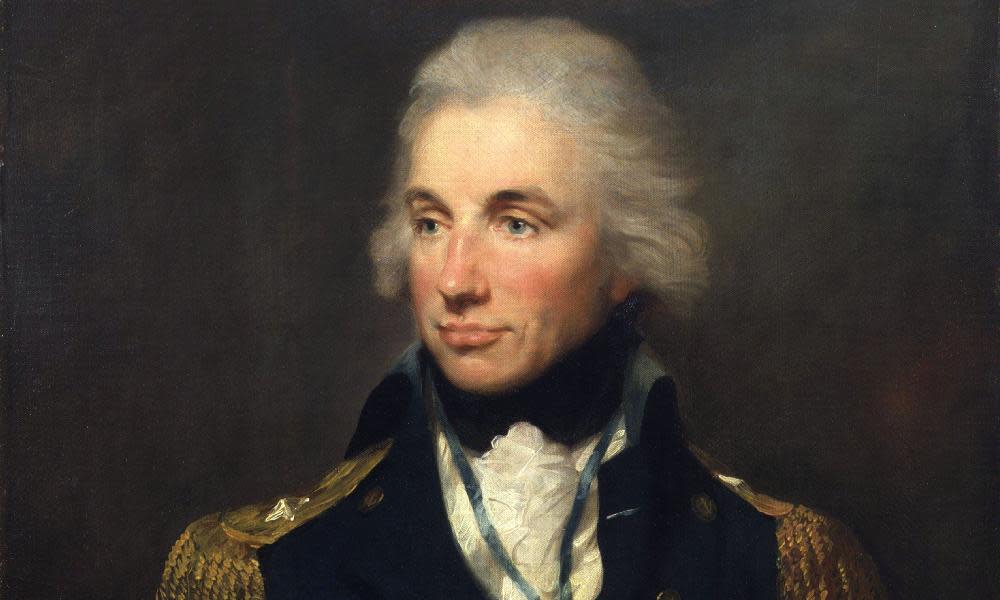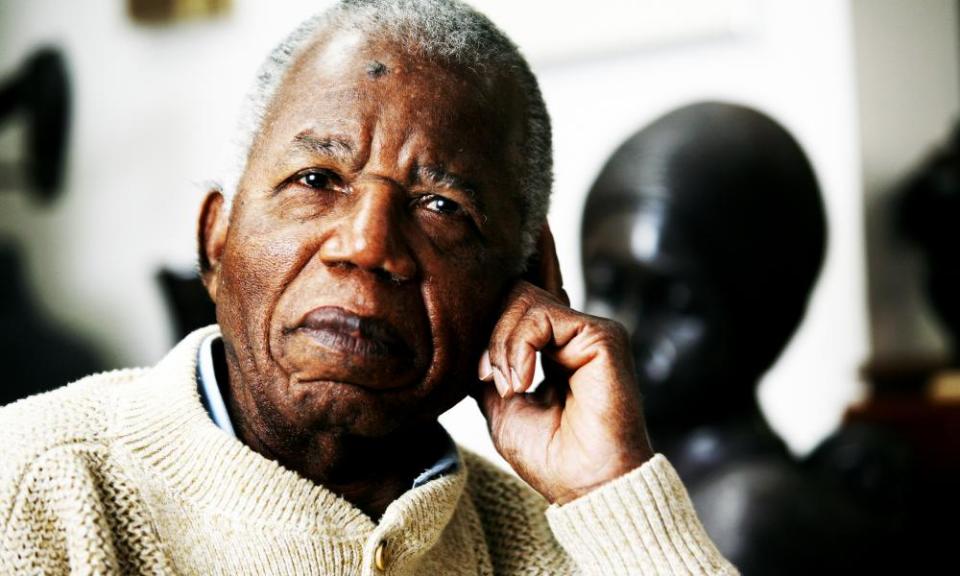Am I too young to write my autobiography? No way!

“Isn’t that a little premature?” a relative of mine asked when I told him I was writing the story of my life so far in eight essays. For some, my life has been too short to be chronicled. I’ve not reached 30 yet, that age milestone that proves beyond doubt you are now irrevocably an adult. For others, my life has been too uneventful. I’ve watched news of wars, earthquakes and famine ticker past on my TV, safe in my living room. And you might even say my life has been too insignificant. I don’t have a Gettysburg address in my history, nor have I rescued dozens of slaves via the Underground Railroad. Nor have I invented Spanx. And yet, I have a story, as do you.
I was born in 1991 in Lagos, Nigeria, to parents who were both doctors. I grew up under a military regime that was often repressive, although I didn’t notice. My parents worked very hard to shield us from the worst of it. I spent a lot of my childhood watching television and reading Enid Blyton. Even though I lived in a city with millions of others, I felt like I lived in a province. I wanted to be in New York or in London, where real life, according to satellite TV, was happening.

At 14, I got my wish … sort of. I moved to Winchester, where I discovered quite a few of the natives had never heard of Nigeria. I knew Shakespeare, fish and chips and Austen, but they did not know Achebe, jollof rice or Adichie. Nevertheless, despite the ignorance I found, I planted a Nigerian flag in the soil, claimed the surrounding areas for my country, and colonised my room in my boarding school. I wrote a novel when I was 17, which was eventually published when I was 21. I went to university, got depressed in my first year, and graduated two years later.
Where do you put these chapters of a life? Not in the books I read when I was studying for a degree in history. Where does a Chibundu Onuzo feature if history is about William the Conqueror and Horatio Nelson? And yet there is a mode of chronicling the past outside the European historical tradition.
I come from an oral culture. Literature is passed on from mouth to mouth, and so is history. The Yoruba people have a tradition of reciting oriki, which can loosely be translated as a praise song. An eight-day-old child has an oriki, because they have a name, and every name has a history. This child has an oriki because they are part of a family and every family has a history. Perhaps not every family history will change the political, economic and cultural fortunes of a city-state, like the Borgias or the Medicis did, but every family history is of significance to those connected to it.
Where do the so-called “little people” of history go? Where do you put our stories? Who will bear witness that we were here? I’ve just started volunteering at a youth centre. The young people who come are smart, and talented writers. I don’t see their stories on TV. I don’t hear their voices on radio and yet they are here. The headlines for youth are of stabbings and crime, but what about the 17-year-old girl I met in south London who wants to be a standup comedian? Hopefully she will tell her own story.
You don’t have to tell your story on a stage. You don’t need to hire a band and dancers like I’m doing on Sunday at London’s Southbank Centre; but every life has a story and it’s worth telling. It doesn’t matter if you’re 12, 40 or 99: you have a story and you have a journey. Find someone to share it with.
• Chibundu Onuzo is a Nigerian writer and author of The Spider King’s Daughter and Welcome to Lagos. Her new story, 1991, premieres at the London Literature festival on Sunday 21 October

 Yahoo News
Yahoo News 
